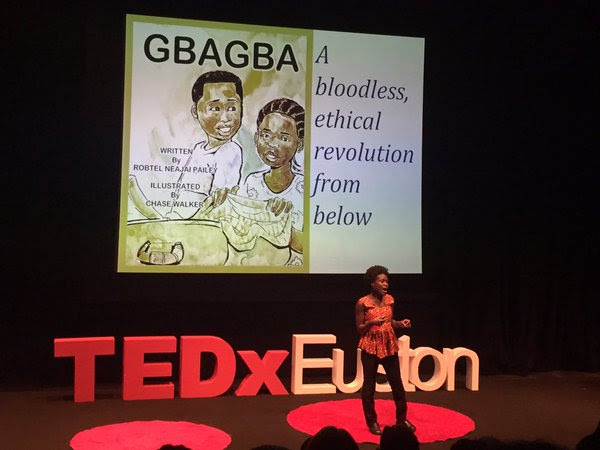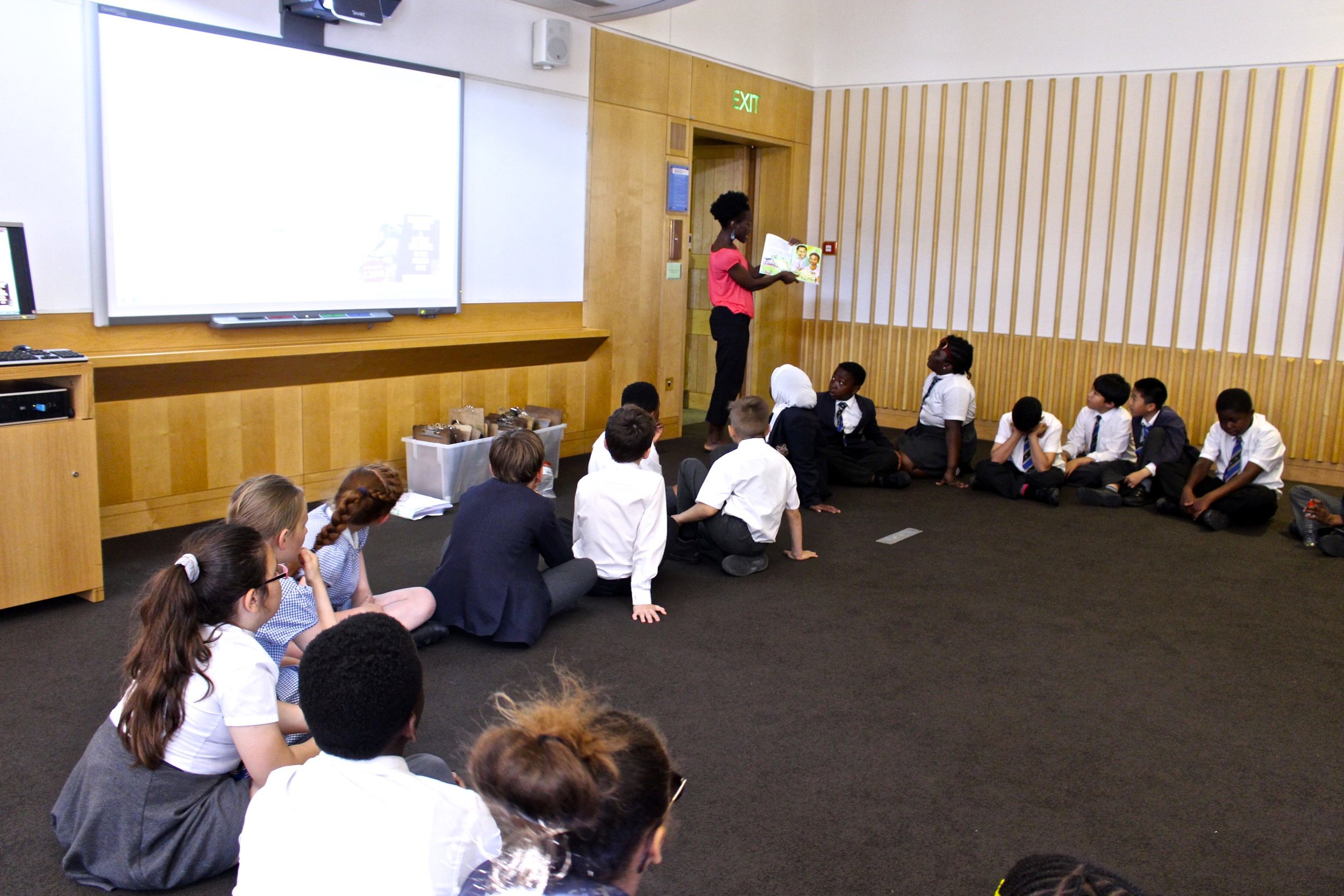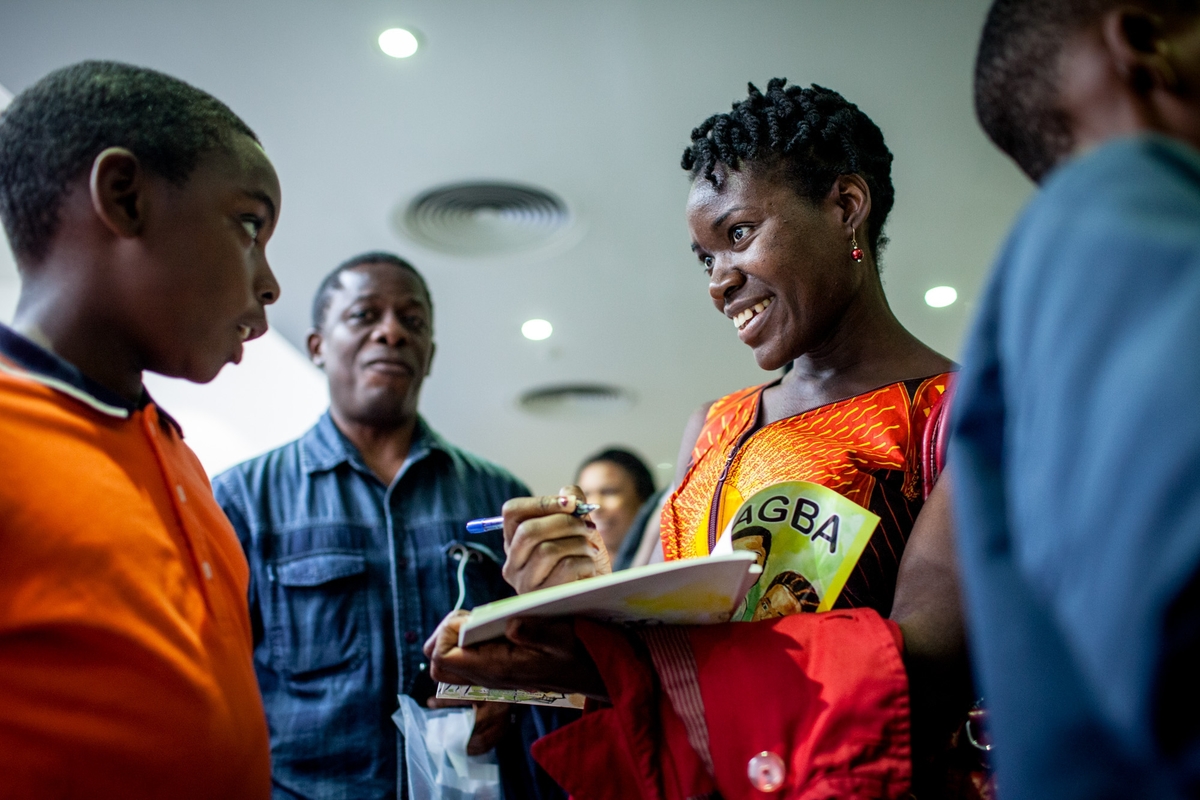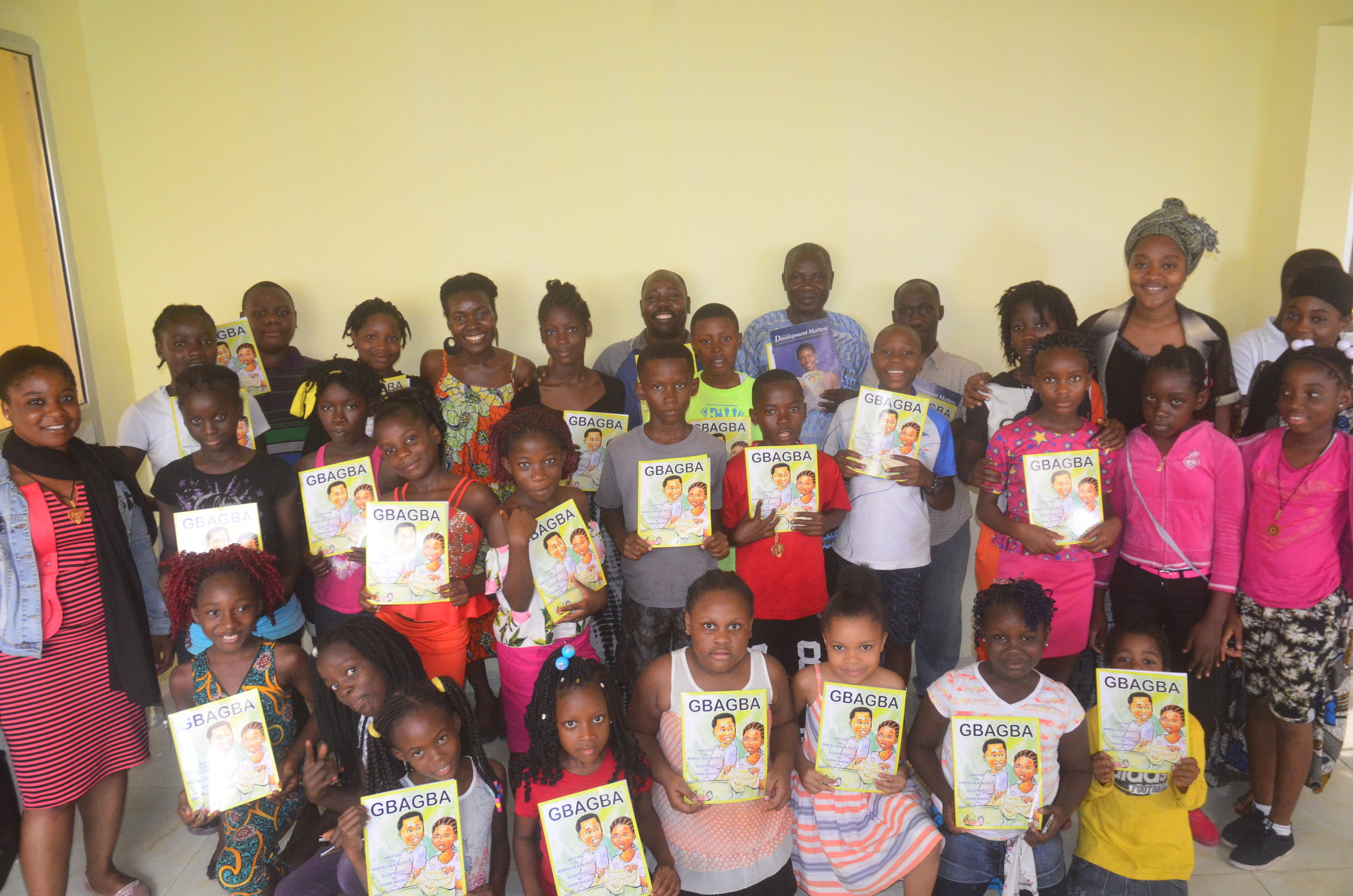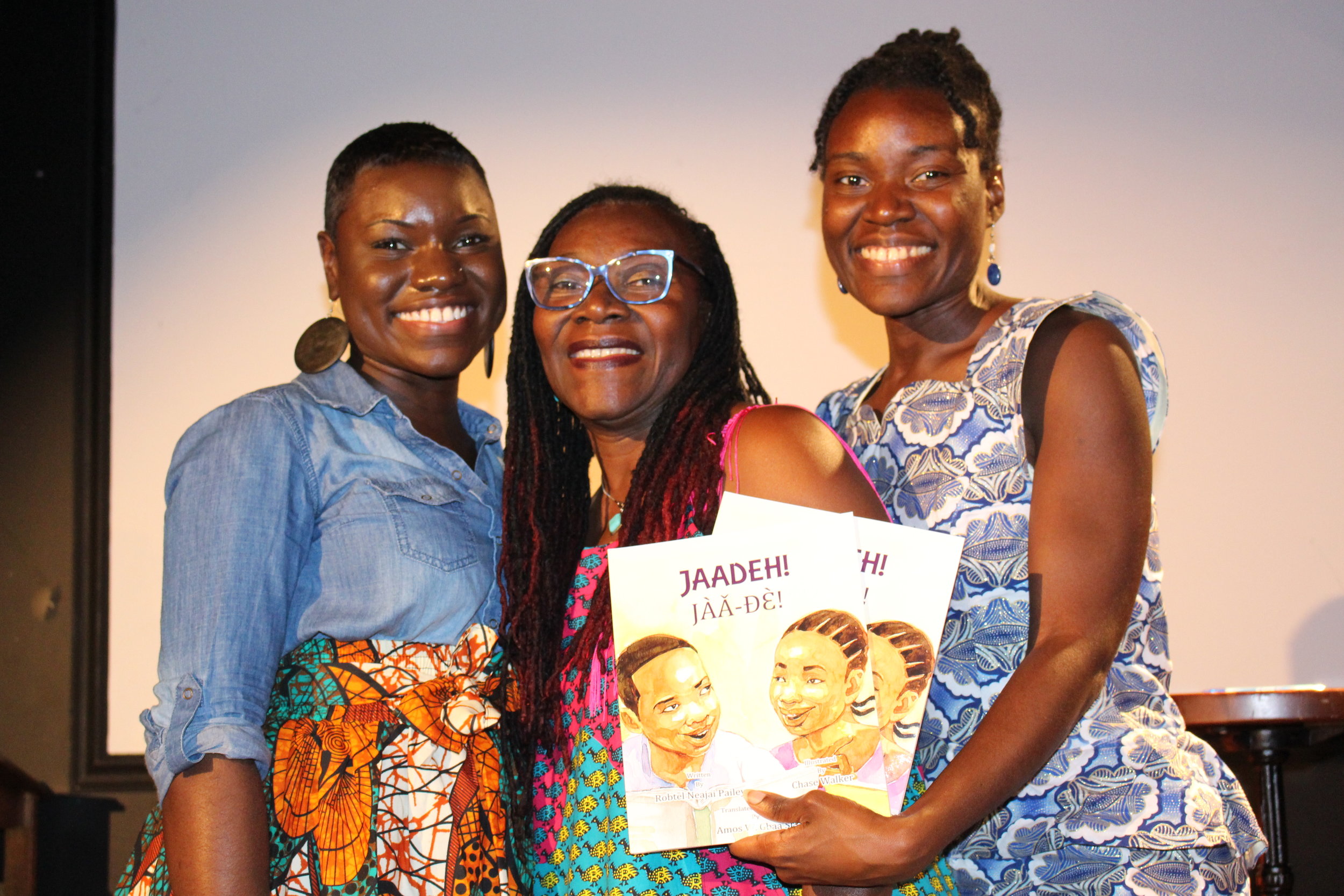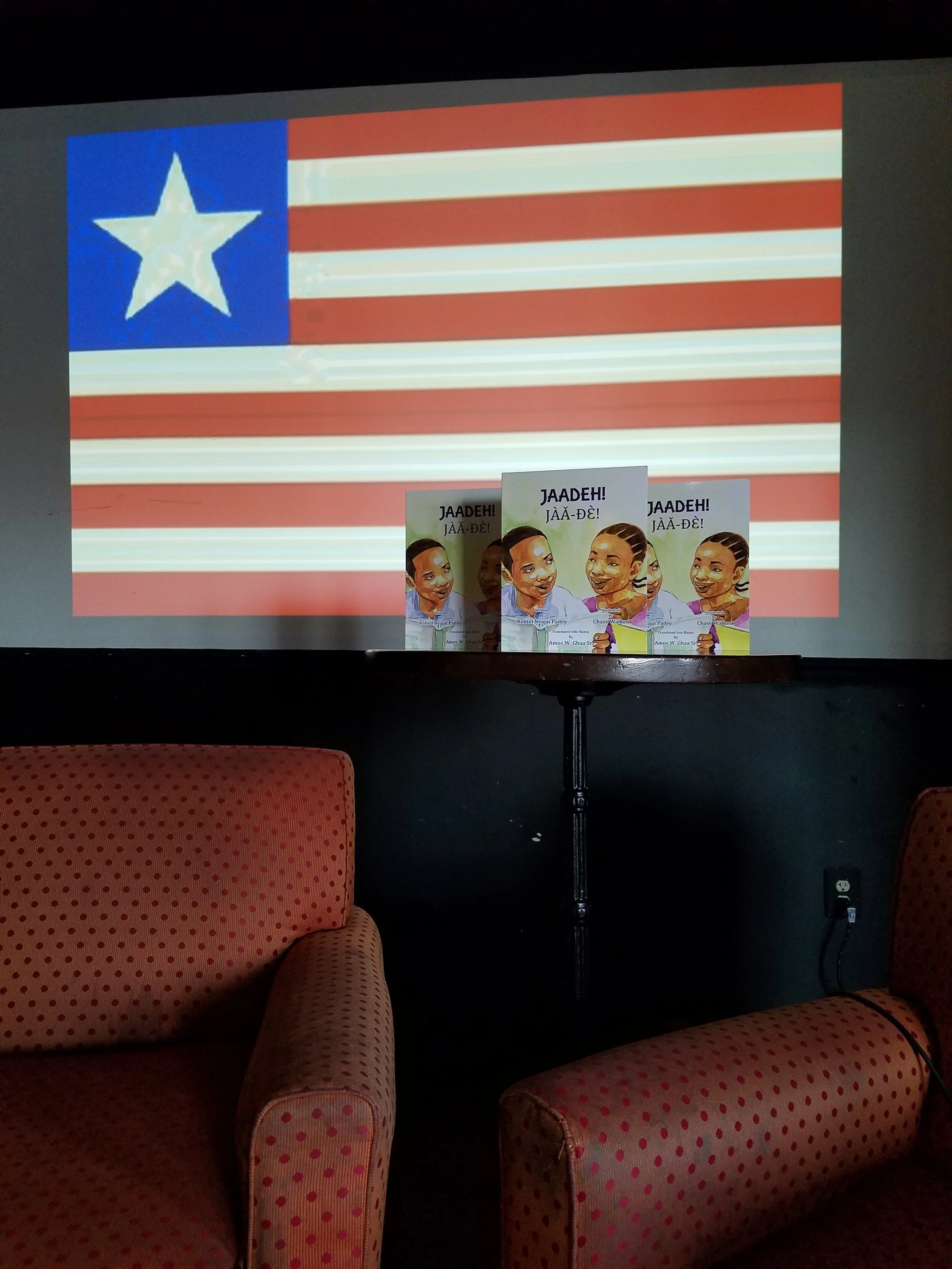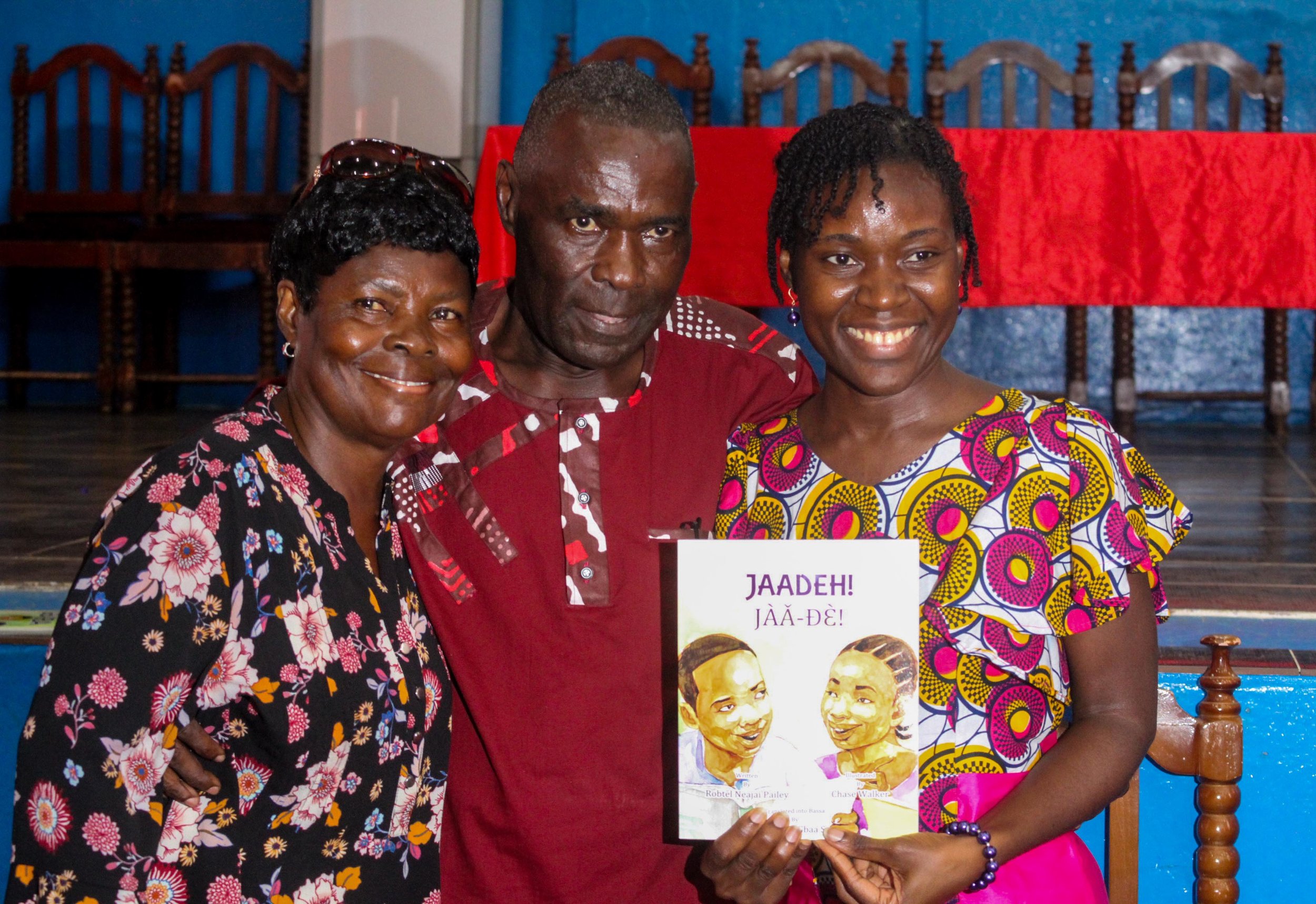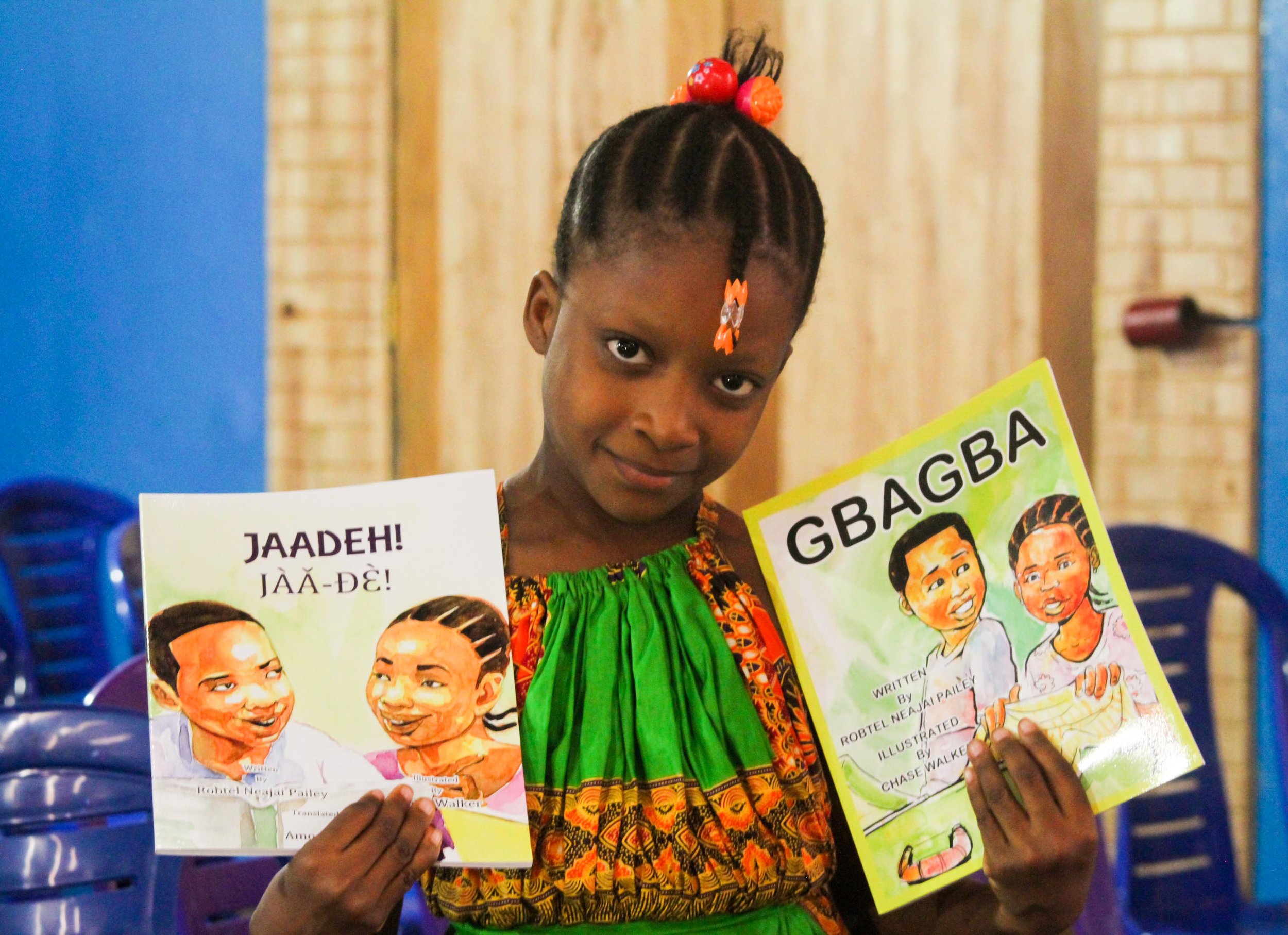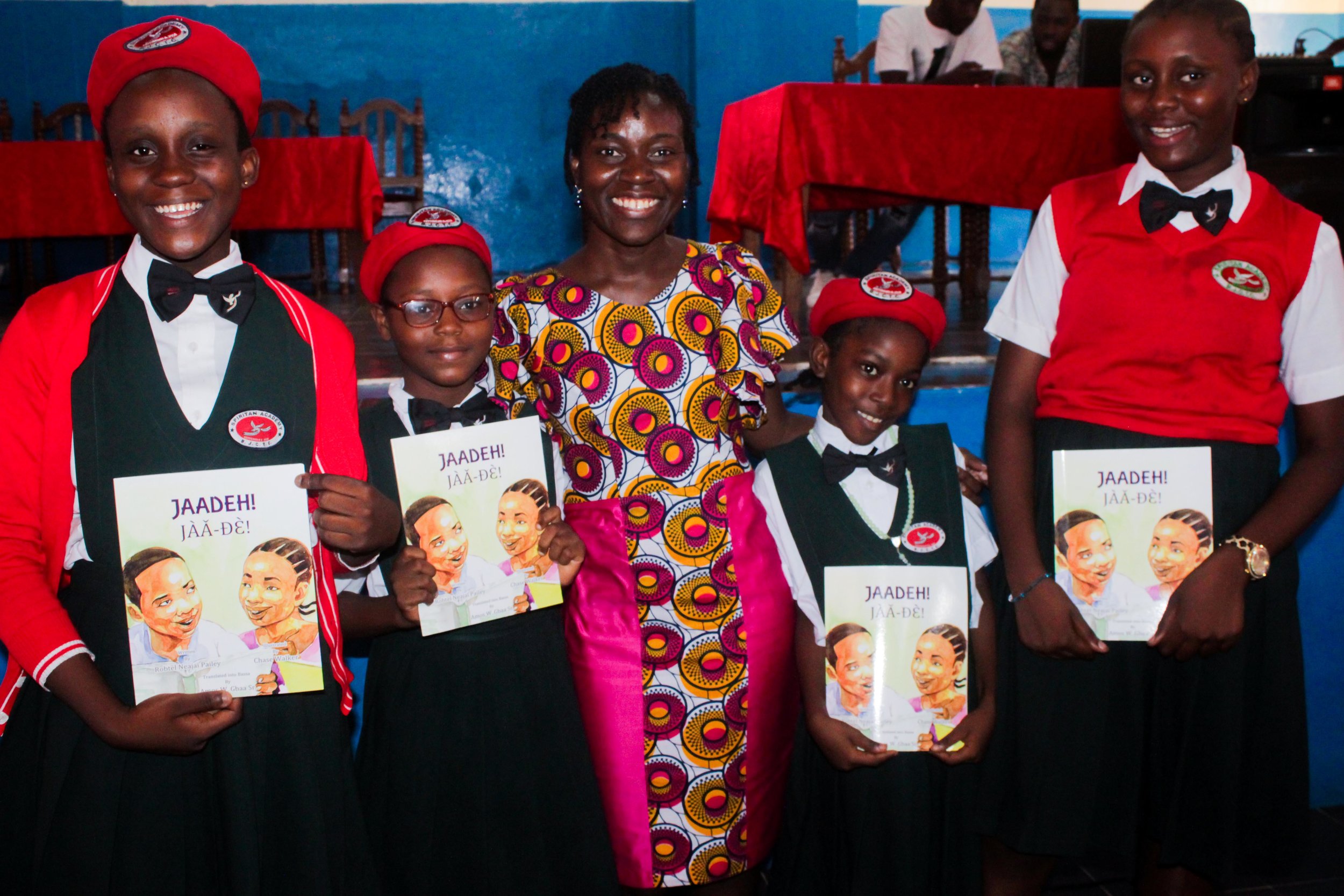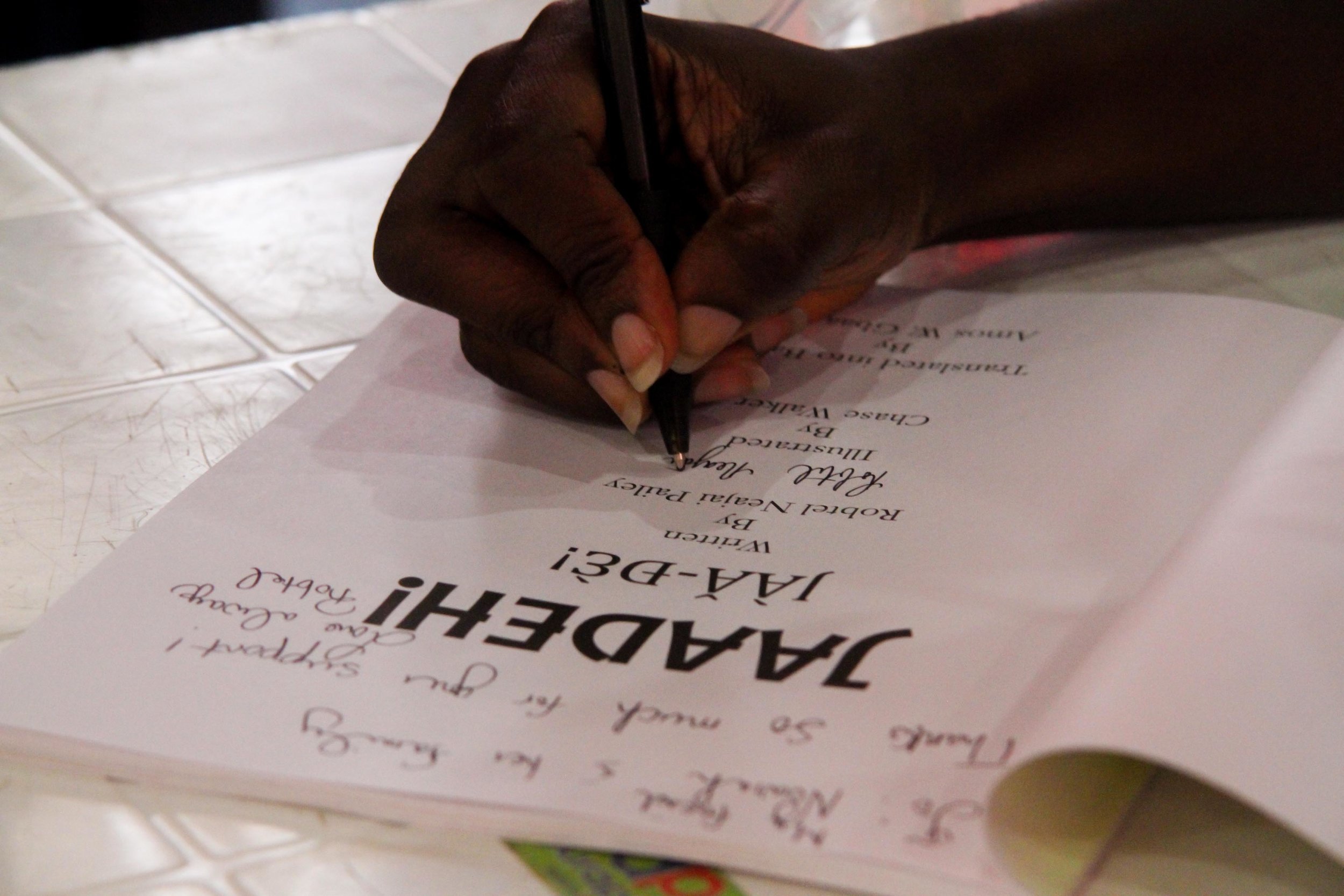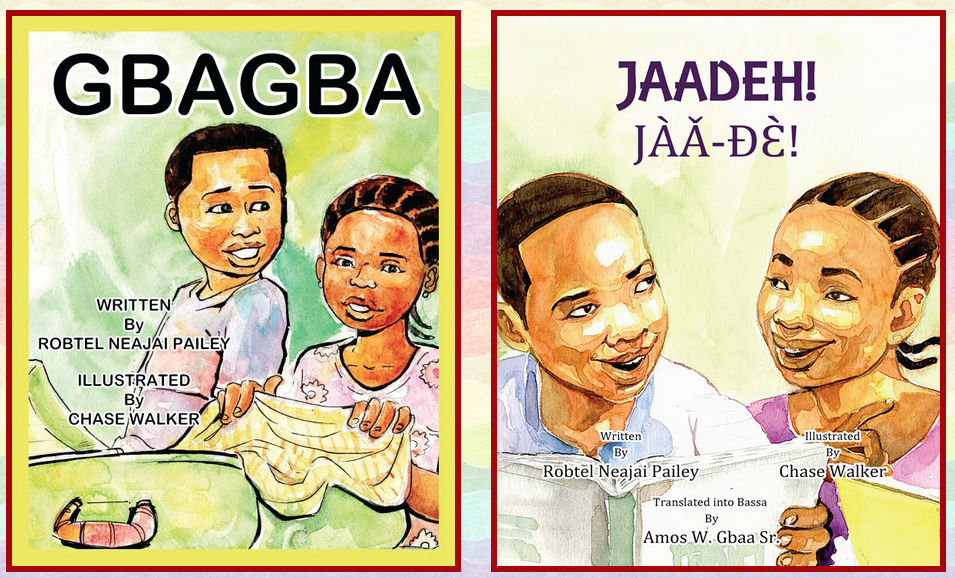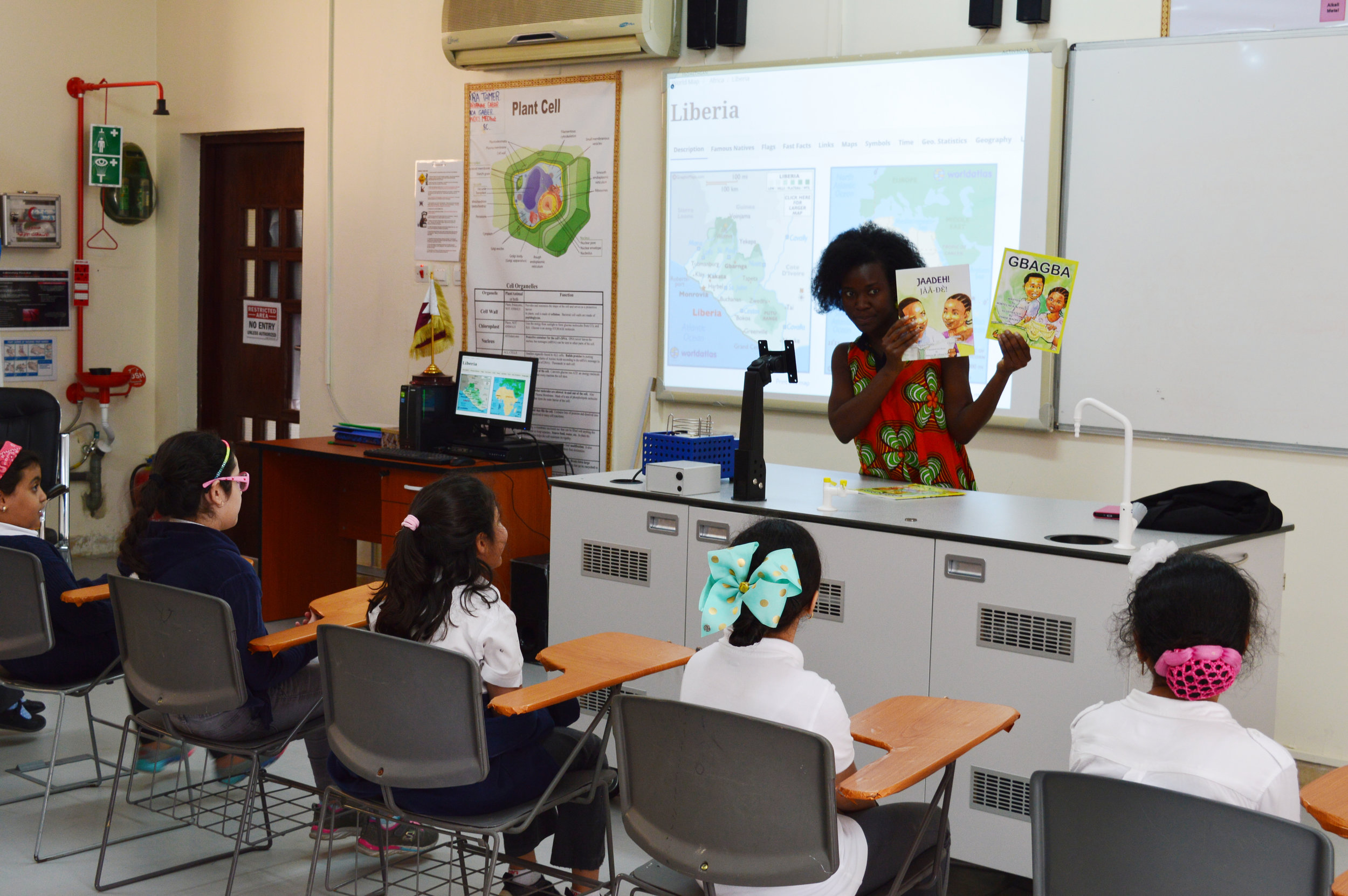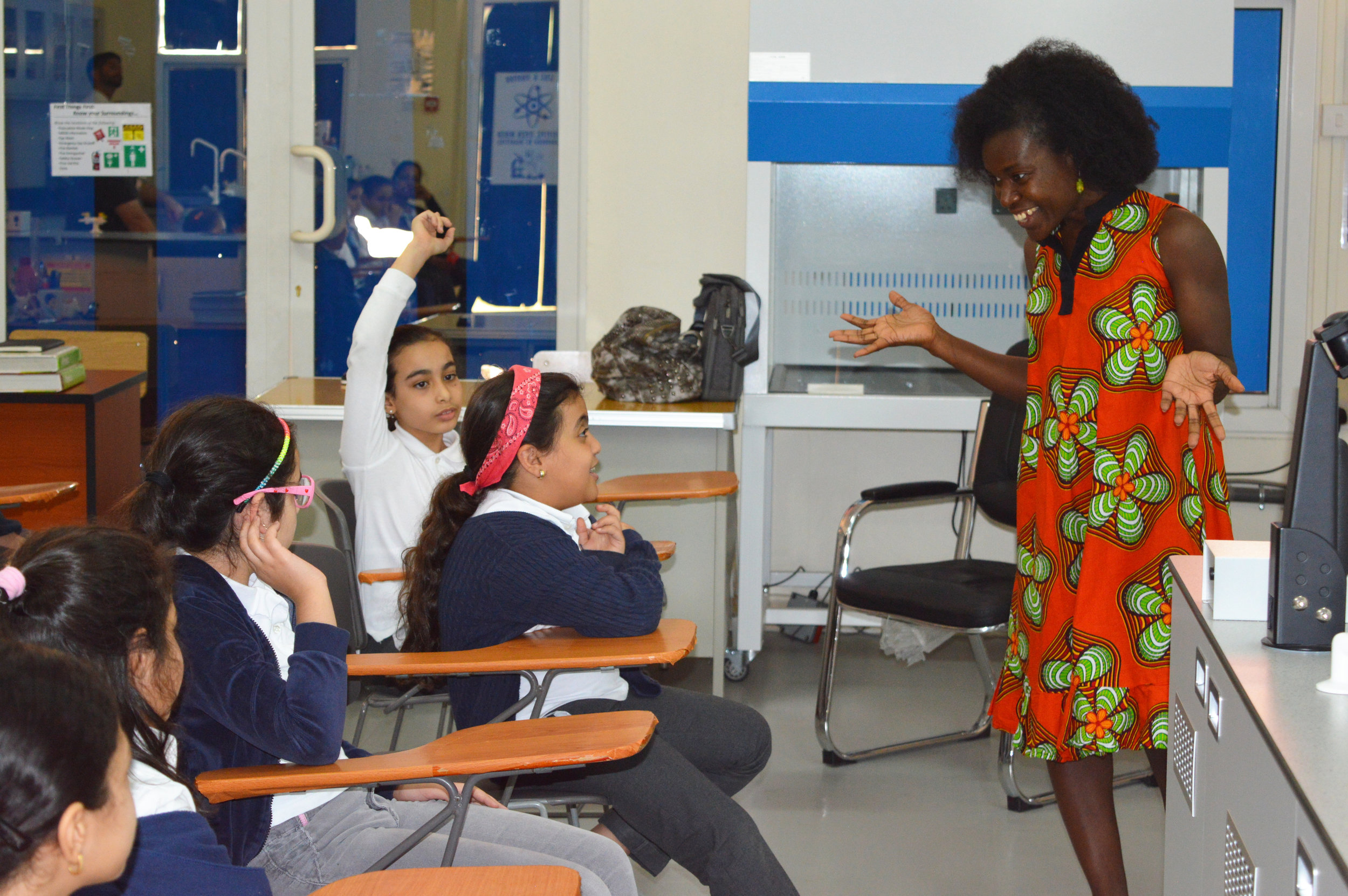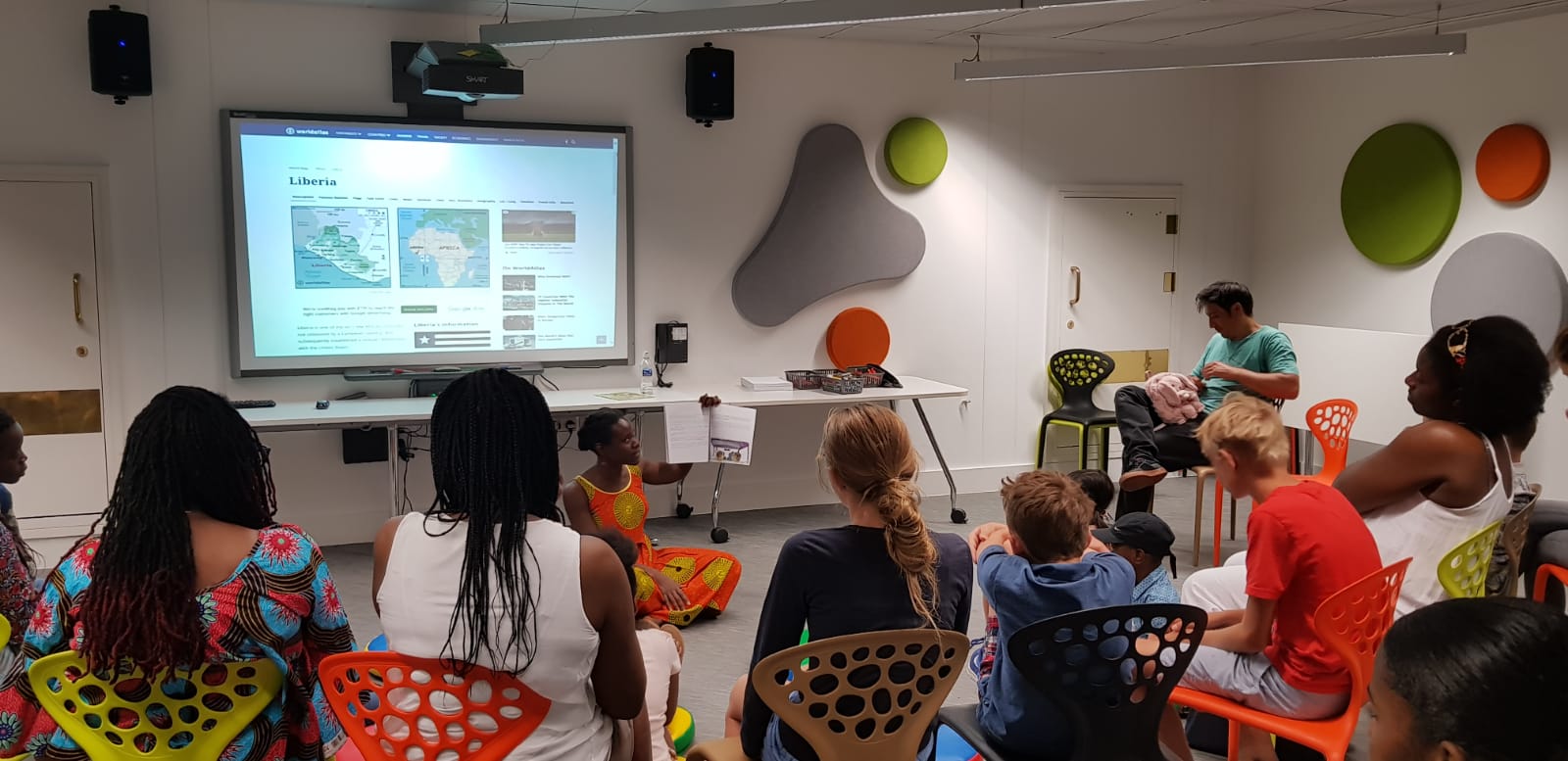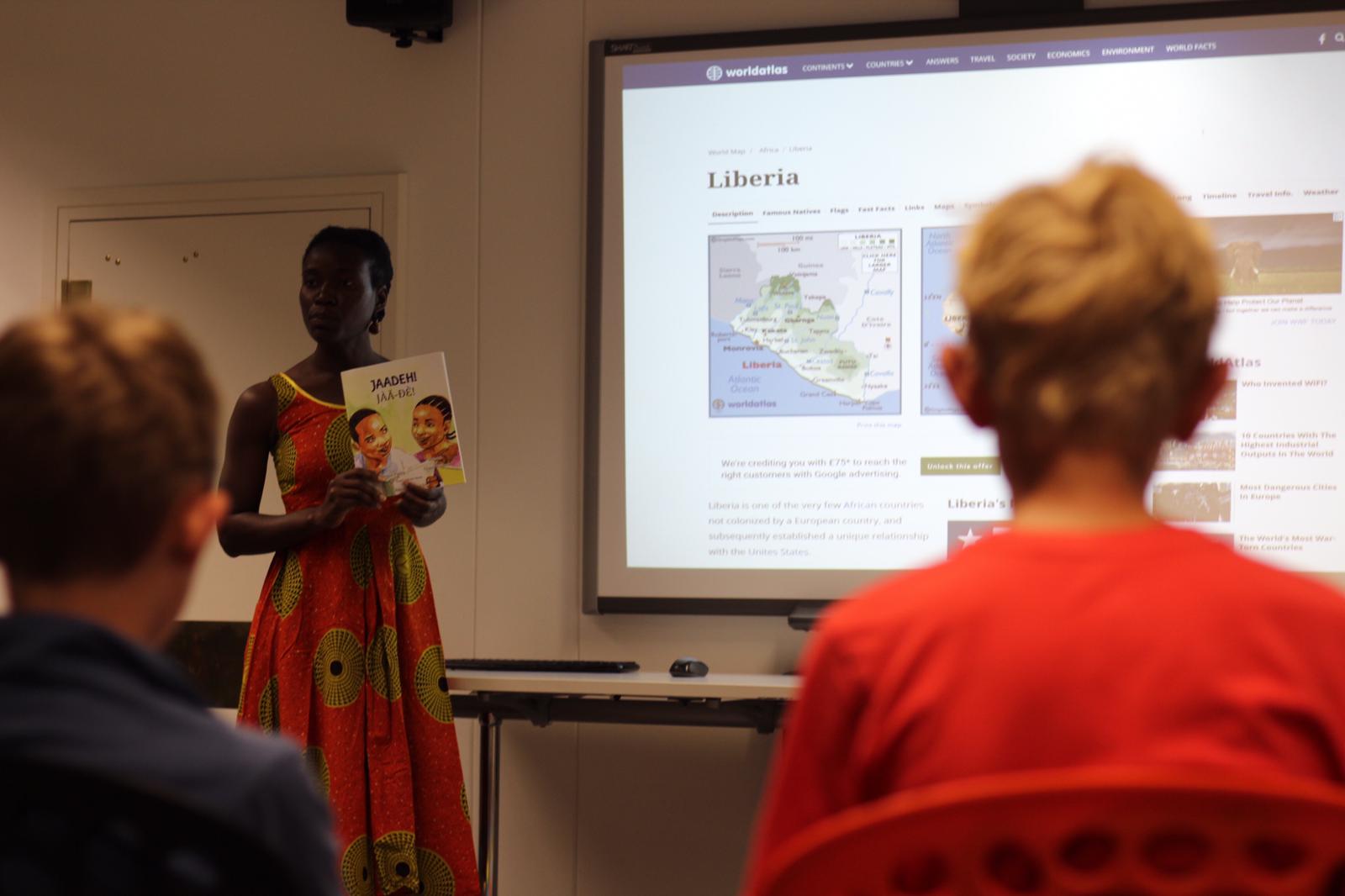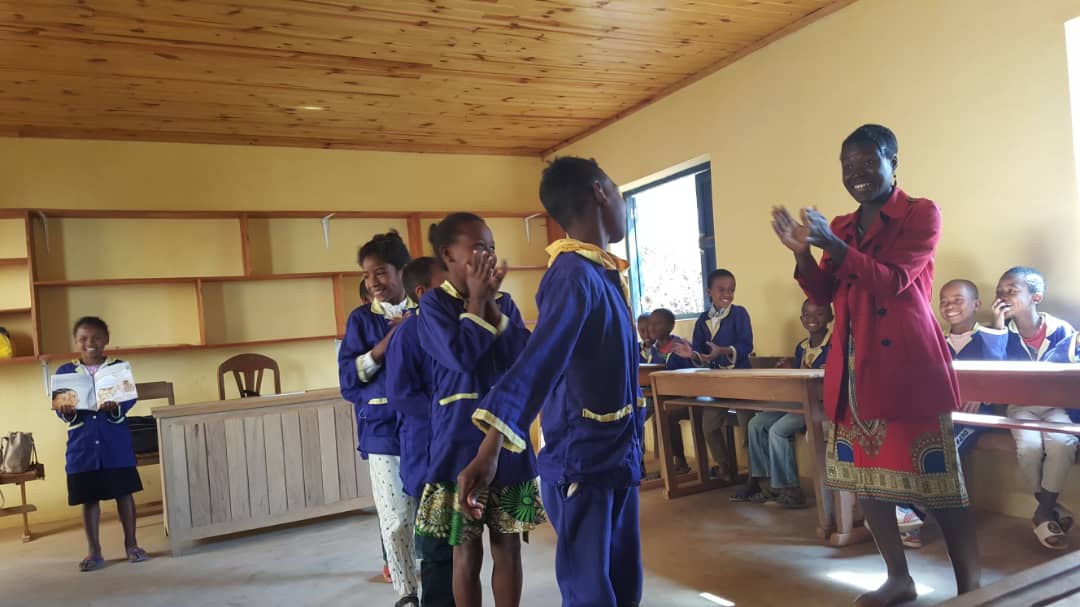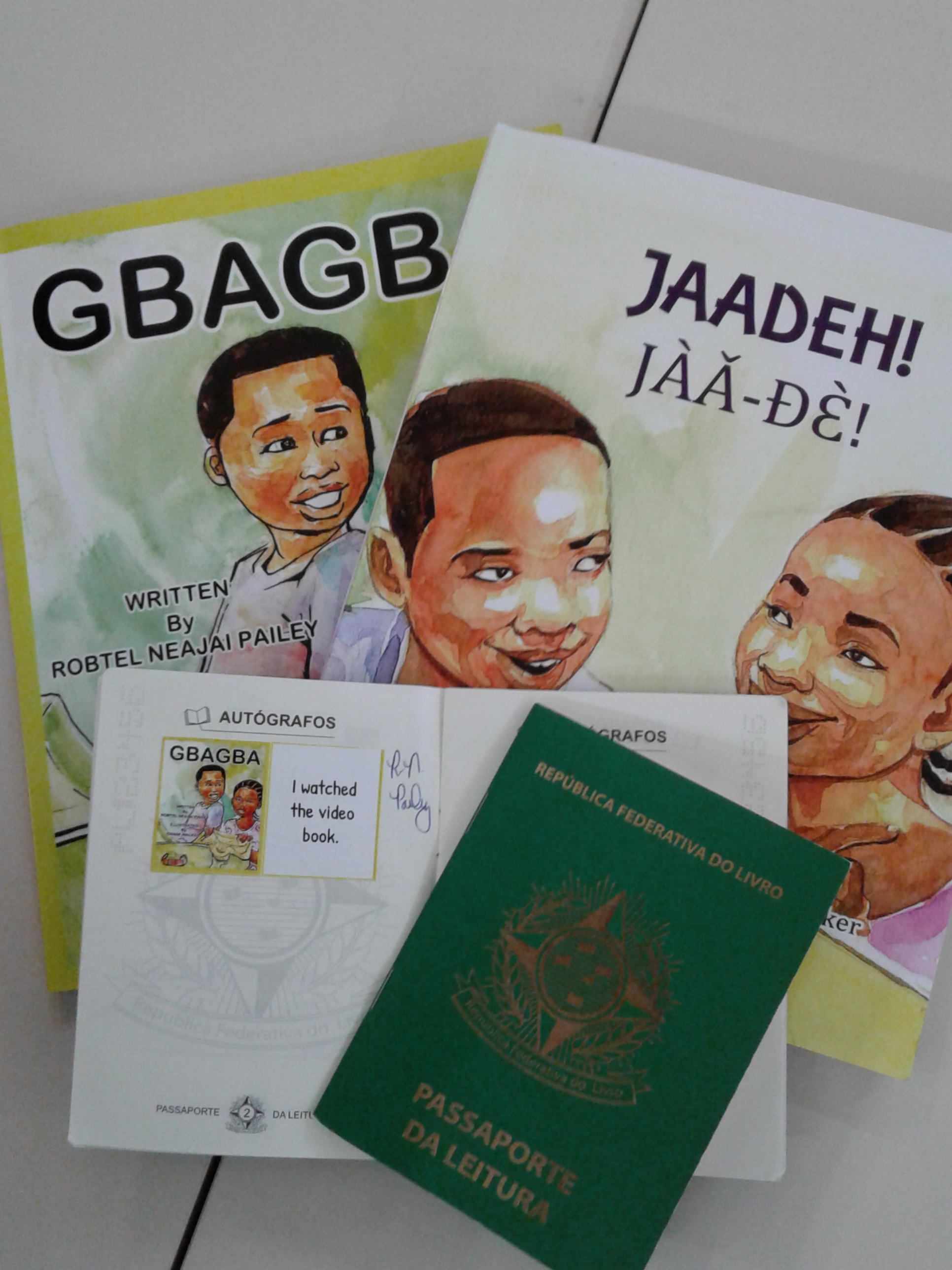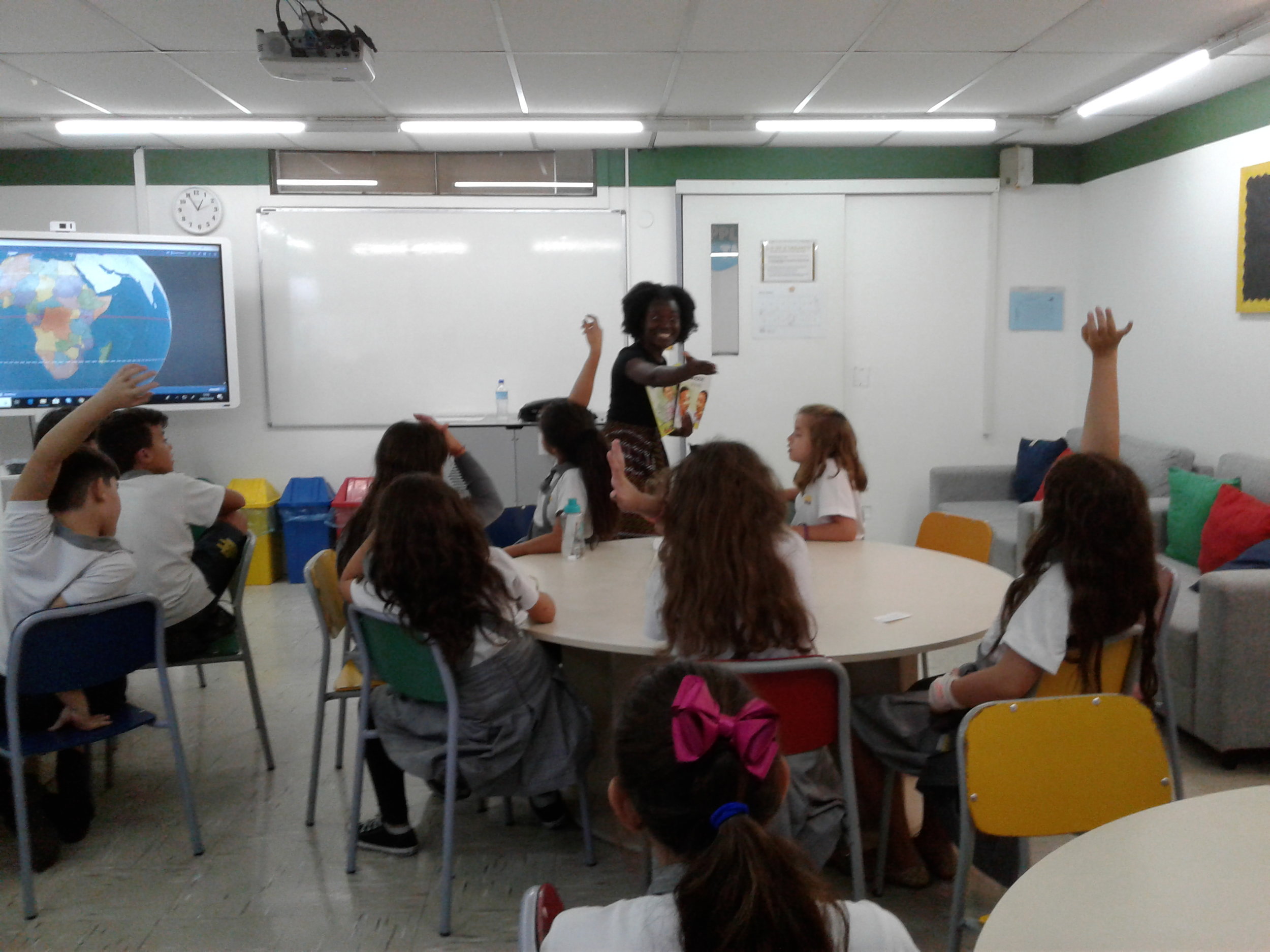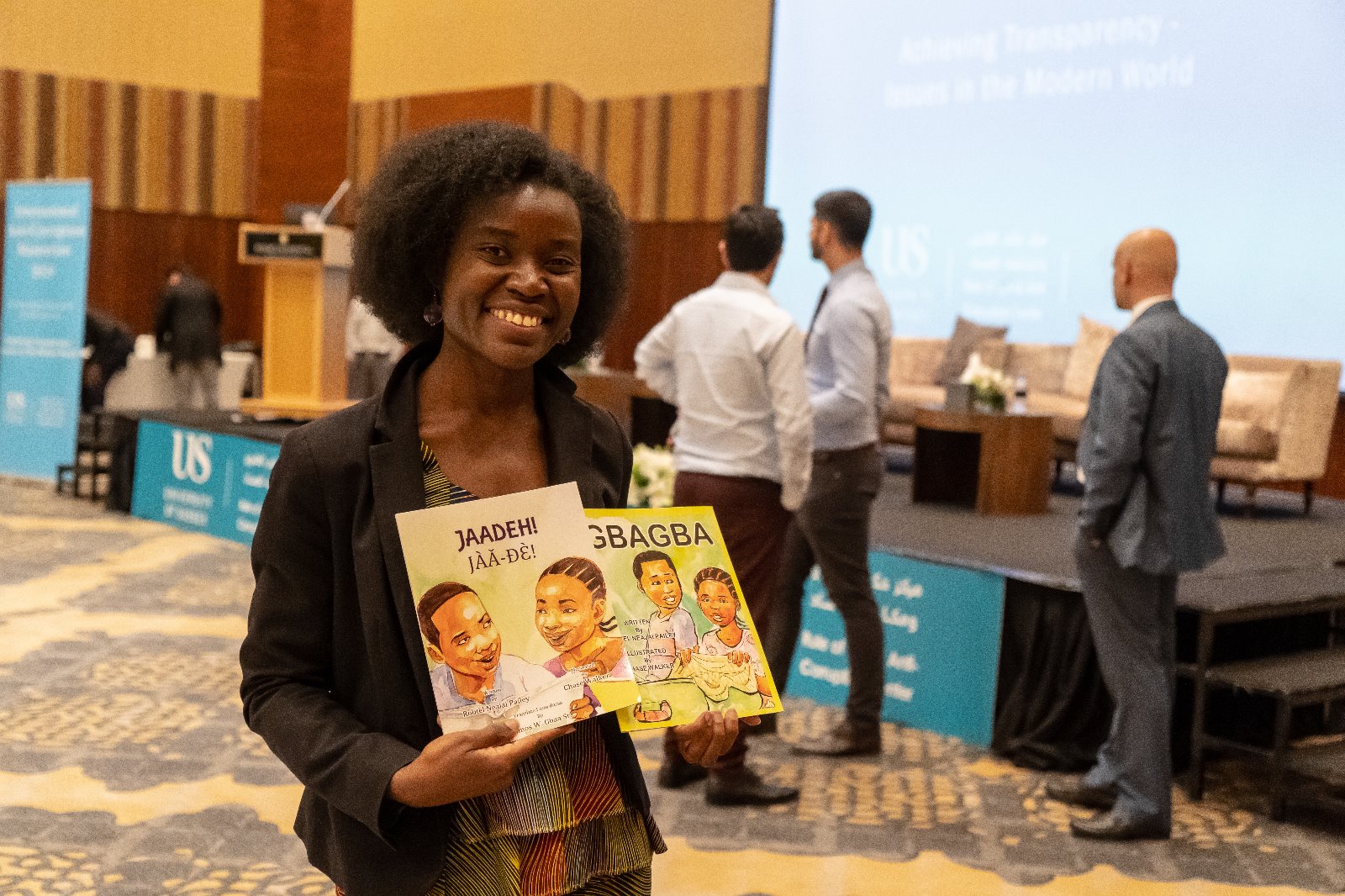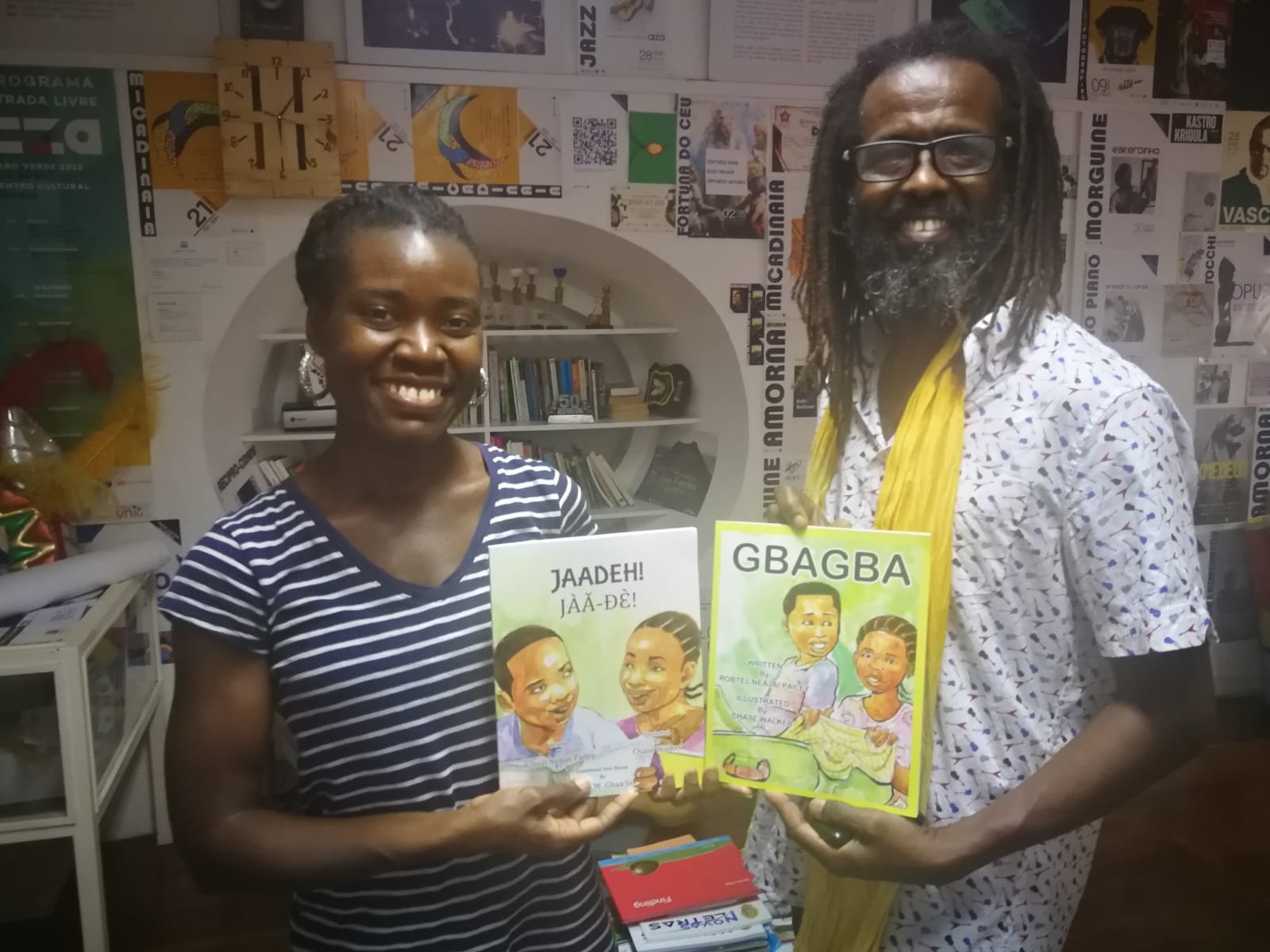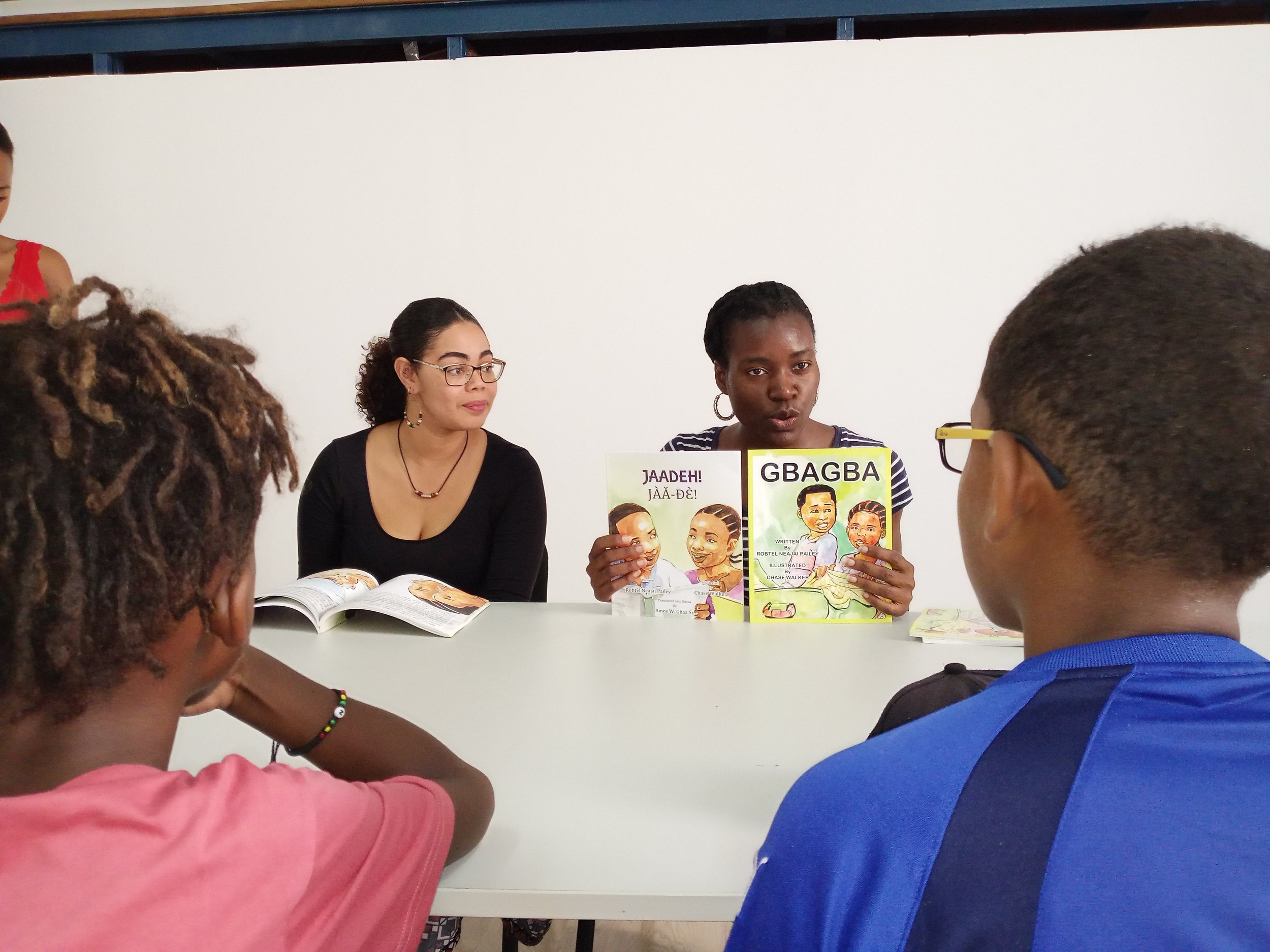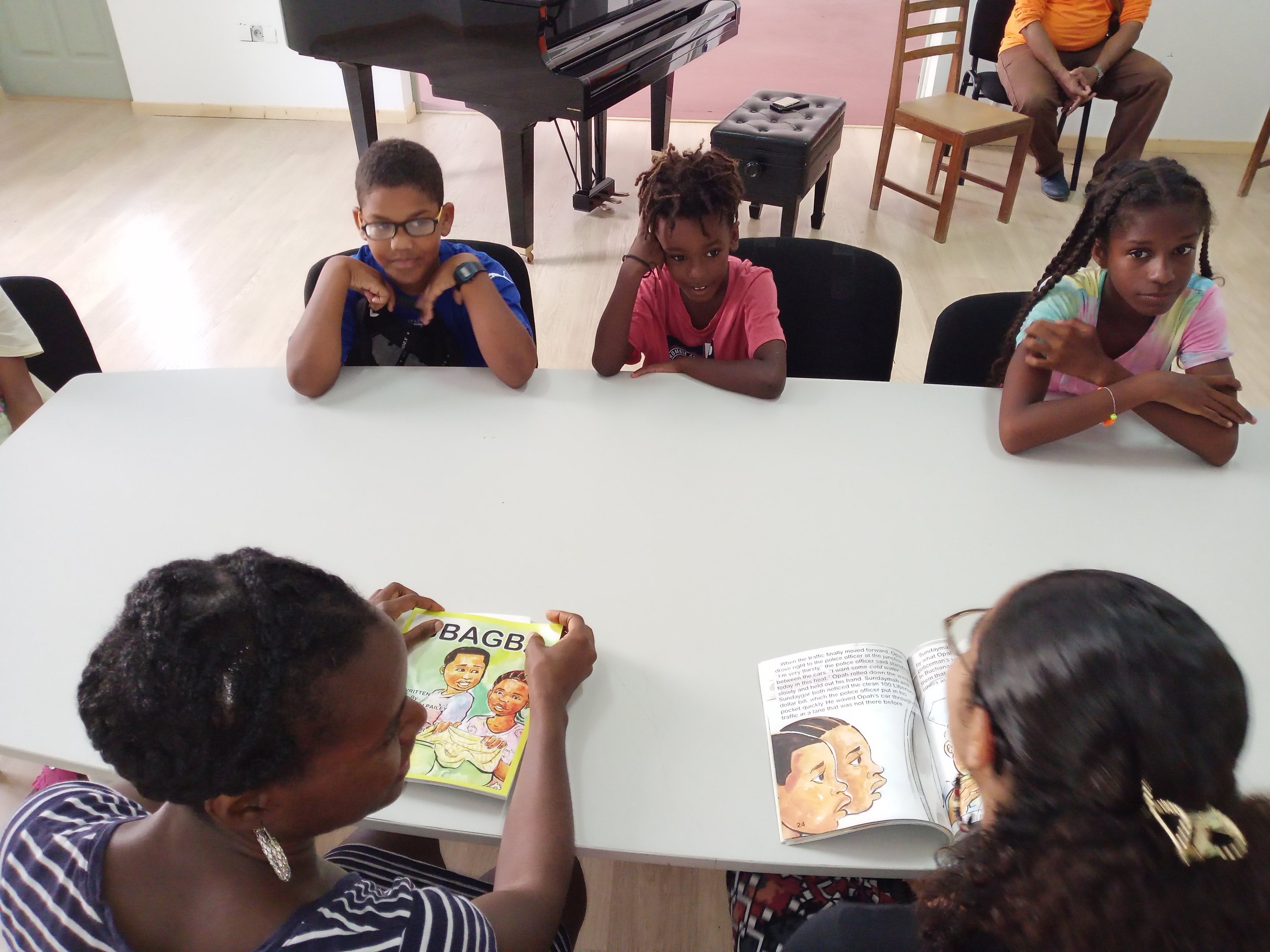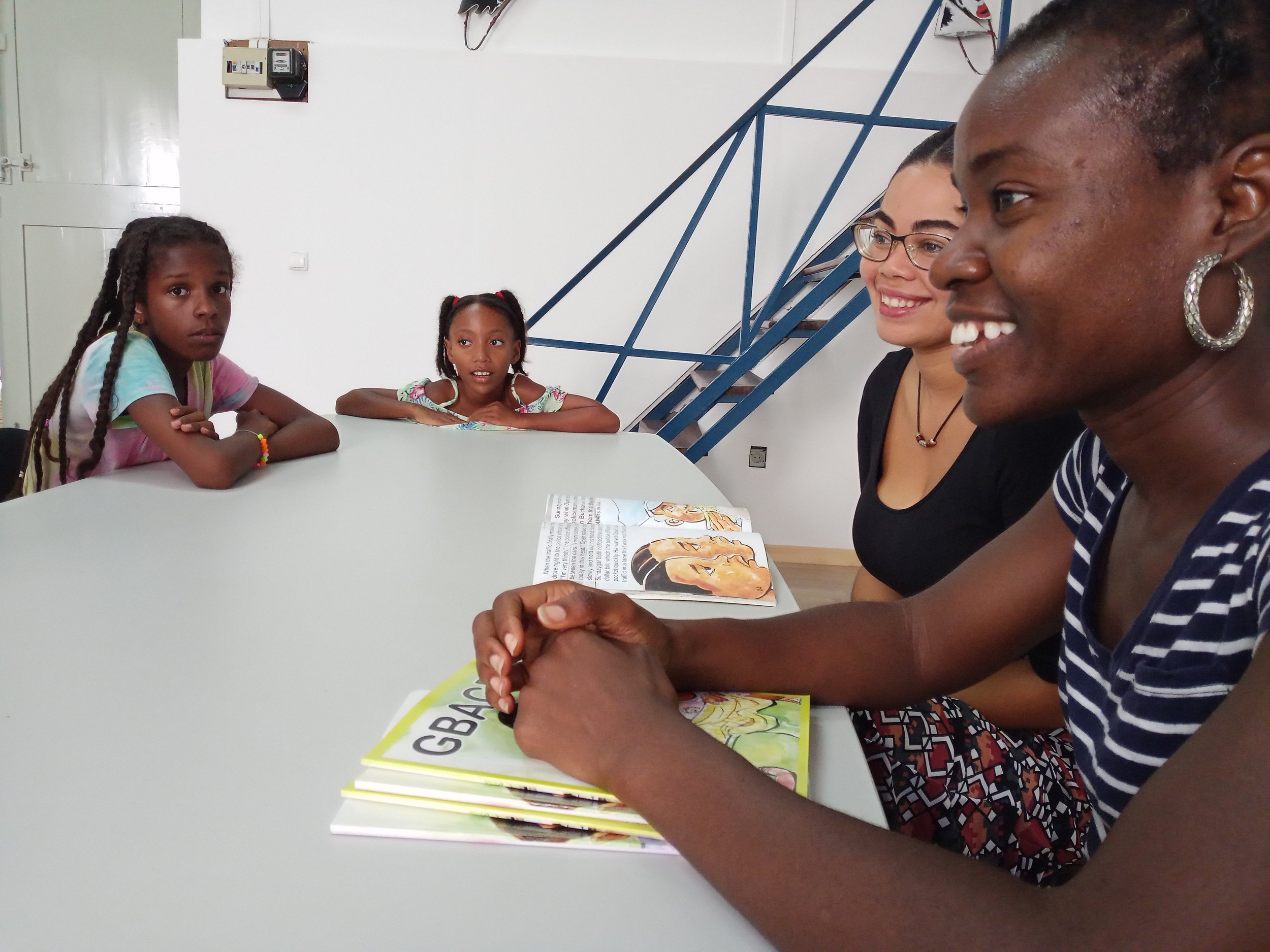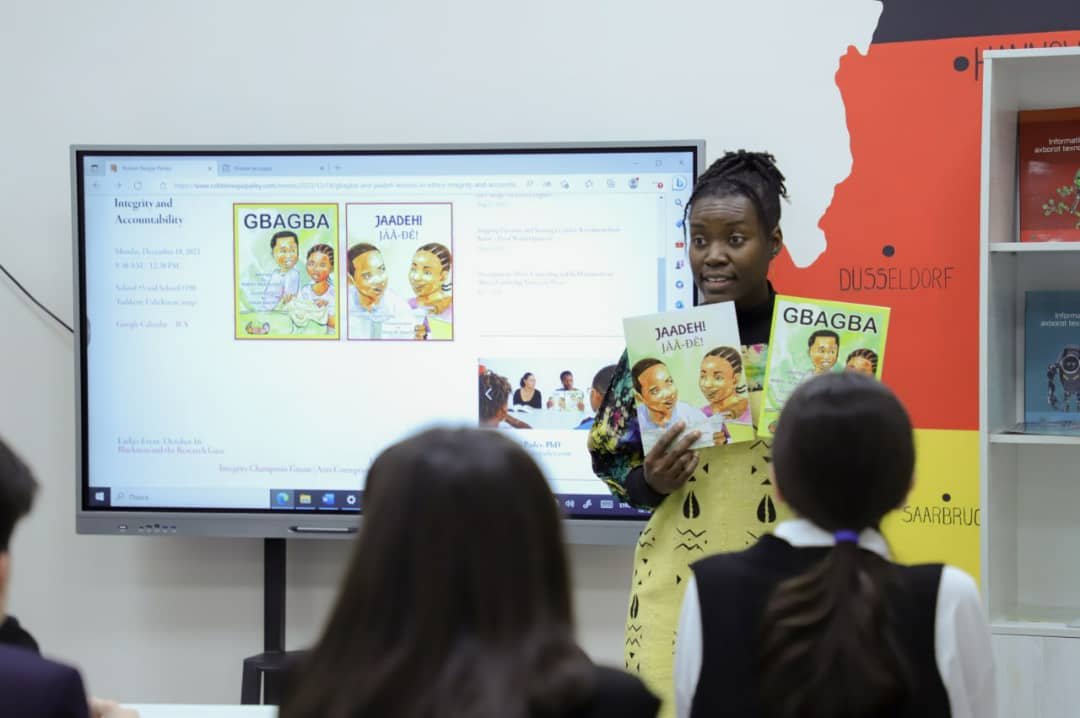(2014) “2014 Ebola Outbreak Exposes Large Gaps in Financing Adequate Healthcare in West African Countries.” Development Viewpoint No. 82, Centre for Development Policy and Research (CDPR), SOAS, University of London.
Liberian Senate Calls for More Transparency over Ebola Funds (The Guardian, UK)→
/Stately and unassuming, Liberia’s national Ebola taskforce coordinator James Dorbor Jallah announced at a press conference in late August that the government’s initial $5m (£3m) contribution to contain the disease had been spent.
As he fumbled with the numbers in his expenditures report, the blogosphere exploded with queries about how all that money could vanish so quickly. Now, the Liberian Senate is demanding full disclosure of the Ebola funds’ whereabouts. To his credit, however, Jallah was attempting something that donors have yet to do: answer to the people in whose name “the war on Ebola” is being fought in west Africa. As we have seen all too often in international emergency response operations, the stakes are too high to forgo systems of accountability.
African Solidarity—Not Protectionism—Needed in Response to Ebola (This Is Africa)→
/In the week of 26 August, Liberia’s Foreign Affairs Minister Augustine Ngafuan chided Africa for leaving countries hit by Ebola in the lurch.
Ebola Has Caused Liberia’s Cauldron of Dissatisfaction to Boil Over (The Guardian, UK)→
/“We dodged bullets during the war, now Ebola is going to kill us?” my aunt asked me in distress one evening in mid-July, as we sat commiserating at my house on the outskirts of Monrovia, Liberia’s capital.
Patriarchy, Power Distance, and Female Presidency in Liberia (Palgrave)
/(2014) “Patriarchy, Power Distance, and Female Presidency in Liberia” in Baba G. Jallow (ed.) Leadership in Post-Colonial Africa: Trends Transformed by Independence. London, UK: Palgrave MacMillan: 169-187.
SDI’s 10-year Positive Peace Crusade (SDI)→
/(2014) SDI’s 10-year Positive Peace Crusade. Monrovia, Liberia: Sustainable Development Institute.
Liberia's Education System Should Take Its Cue from Robin Hood (The Guardian, UK)→
/Robin Hood's brand of wealth redistribution could help turn around the fortunes of Liberia, where the education system was recently described as a "mess" by its president, Ellen Johnson Sirleaf.
In August, the west African country made headlines around the world when all 25,000 students who sat the entrance exam for the University of Liberia failed. Reactions ranged from denial to despondency. While some challenged the results, others lamented the impact of civil war on the education system.
Amid the political rhetoric and knee-jerk reactions, the paucity of concrete solutions offered was striking. I think Liberia should employ a "Robin Hood" approach, redistributing its resources and prioritising education.
Liberia’s Education System Should Take Its Cue from Robin Hood (The Guardian, UK)→
/Robin Hood's brand of wealth redistribution could help turn around the fortunes of Liberia, where the education system was recently described as a "mess" by its president, Ellen Johnson Sirleaf.
Liberia Must Mark 10th Anniversary of Accra Accord by Pursuing Positive Peace (The Guardian, UK) →
/A decade has passed since Liberia began moving towards peace. It was 18 August 2003, and I was in Caux, Switzerland, one of 23 participants on an applied peace studies course.
Children in the Fight Against Corruption (International New York Times) →
/I remember the first time I stared corruption in the face.
It was 2010, and I was chairwoman of a Liberian government committee responsible for reforming the awarding of international scholarships. We discovered that a group of 18-year-old boys had forged their national exam records to become eligible for a scholarship to Morocco.
One Man, Two Wars, One Guilty Verdict: Charles Taylor Verdict Reveals Selective International Justice (Pambazuka News)→
/Much has changed since I covered the first day of Charles Taylor’s trial for Pambazuka News on June 4, 2007. That day, he failed to show up to court, calling the case against him a “farce.” Today, he was in full view, stoic, resolute and somber. As I sat in the public gallery of the Special Tribunal for Lebanon building at The Hague, peering at the man portrayed as the most notorious African warlord in contemporary history, Taylor’s fate was solidified by one word: “GUILTY.”
Nobel Peace Prize Could Not Have Come at a Better Time for Liberia (The Guardian, UK) →
/Liberian president Ellen Johnson Sirleaf and peace activist Leymah Gbowee, also from Liberia, became the second and third African women to be awarded the Nobel Peace Prize on 7 October.
Evaluating the Dual Citizenship/State-building/Nation-building Nexus in Liberia (Liberian Studies Journal)
/(2011) “Evaluating the Dual Citizenship/State-building/Nation-building Nexus in Liberia.” Liberian Studies Journal (36) 1: 1-24.
Craft and Concerns in Helene Cooper’s The House at Sugar Beach (Verlag)
/(2010) “Craft and Concerns in Helene Cooper’s The House at SugarBeach” in JKS Makokha, Remmy Barasa and Adeyemi Daramola (eds.) Tales, Tellers and Talemaking: Critical Studies on Literary Stylistics and Narrative Styles in Contemporary African Literature. Berlin, Germany: Verlag Dr. Mueller (VDM): 169-183.
A Diaspora Returns: Liberia Then and Now (Humanitas)
/(2007) “A Diaspora Returns: Liberia Then and Now.” Humanitas 9 (1): 3-35.
Even Former Warlords Deserve a Fair Trial: Charles Taylor Rebuffs the ICC and the UN Special Court for Sierra Leone (Pambazuka News) →
/The long awaited trial of fast-talking, charismatic warlord-turned-Liberian president Charles Ghankay Taylor was a dramatic tour de force in the complexities of international justice.
Slavery Ain’t Dead, It’s Manufactured in Liberia’s Rubber (Fahamu)→
/(2007) “Slavery Ain’t Dead, It’s Manufactured in Liberia’s Rubber” in Patrick Bond and Firoze Manji (eds.) From the Slave Trade to ‘Free’ Trade: How Trade Undermines Democracy and Justice in Africa. Nairobi, Kenya and Oxford, UK: Fahamu, Networks for Social Justice: 77-83.
